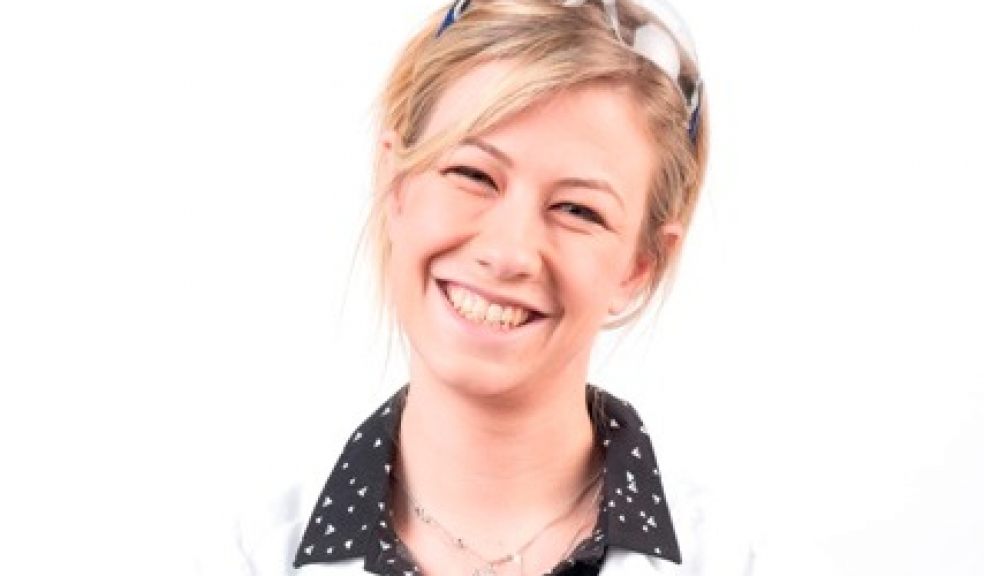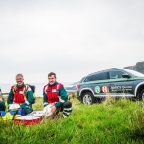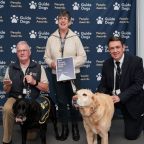
Biologist takes science to Parliament
Karla-Luise Herpoldt, 26, from Newton St Cyres, near Exeter, is attending Parliament to present her science to a range of politicians and a panel of expert judges, as part of SET for Britain on Monday 9 March.
Karla-Luise’s poster on her research into new ways of detecting HIV will be judged against dozens of other biologists’ research in the only national competition of its kind.
Karla-Luise, a final year PhD student at Imperial College London, was shortlisted from hundreds of applicants to appear in Parliament.
On presenting her science in Parliament, she said, “I am excited to be given the opportunity to discuss and share my work with parliamentarians. I am honoured to have been chosen alongside many other talented scientists to represent the quality of research that the UK carries out each year and to be able to demonstrate the importance of continued financial support from the Government.”
Andrew Miller MP, Chairman of the Parliamentary and Scientific Committee, said, “This annual competition is an important date in the parliamentary calendar because it gives MPs an opportunity to speak to a wide range of the country’s best young researchers.
“These early career engineers, mathematicians and scientists are the architects of our future and SET for Britain is politicians’ best opportunity to meet them and understand their work.”
Karla-Luise’s research has been entered into the Biological and Biomedical Sciences session of the competition, which will end in a gold, silver and bronze prize-giving ceremony.
Judged by leading academics, the gold medalist receives £3,000, while silver and bronze receive £2,000 and £1,000 respectively.
Dr Mark Downs, chief executive of the Society of Biology, said: “Scientists and politicians both have major roles in addressing some of society’s biggest challenges, from climate change to food security. SET for Britain is a rare opportunity for politicians to meet some of our most promising young scientists and understand their work.
“It is important that MPs make policy decisions informed by evidence, and a greater mutual understanding between MPs and scientists will improve this. This is a message that is even more important just ahead of a General Election. The next Government needs to ensure the UK continues to lead the world in biological research where we have enormous strength”.
The Parliamentary and Scientific Committee run the event in collaboration with the Society of Biology, the Council for the Mathematical Sciences, the Institute of Physics, The Physiological Society, the Royal Academy of Engineering, the Royal Society of Chemistry, and the Society of Chemical Industry, with financial support from INEOS, Institute of Biomedical Science, Wiley, BP, Essar, WMG, Clay Mathematics Institute, and the Bank of England.


















